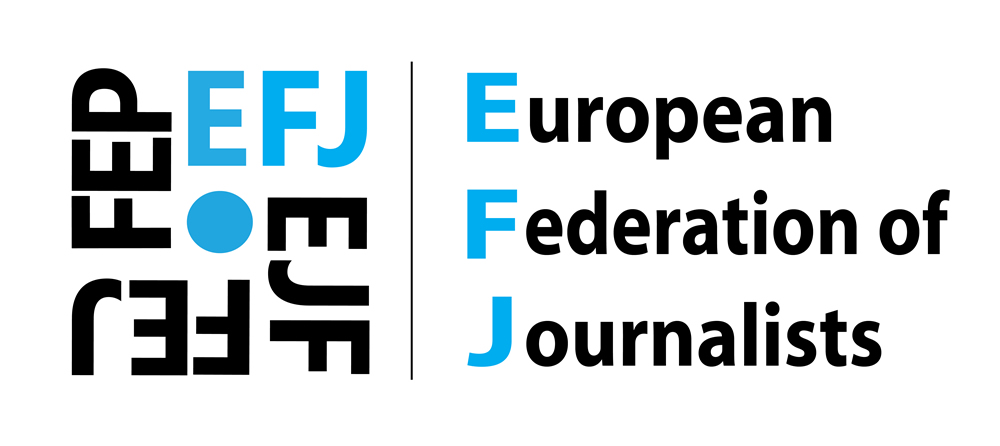| Today the EFJ warns that the safety of women journalists is under threat in many countries.
International Women’s Day commemorates the defence of all women’s rights and in particular the rights of women at work, whether paid or unpaid. Women journalists are also workers facing various discriminations such as the pay gap, the glass ceiling, difficulties in balancing professional and private life, and gender-based violence at work, to add to the increasingly precarious working conditions. It is time to put an end to these inequalities, to stereotypical reporting on women in the media and to establish truly equal newsrooms.
Sexist attacks and gender-based harassment, both in the workplace and online, have become a severe concern. In a 2022 survey of women journalists worldwide conducted by UNESCO and the International Centre for Journalists (ICFJ), 73% responded that they had experienced some form of online violence in the course of their work. Threats of physical violence (25%) and sexual violence (18%) are particularly acute for women journalists – 13% even described threats of violence against their loved ones, including children and babies. It is important to remember that only 55% reported the attacks online while a quarter did not receive any support from their employer.
The consequences for women’s mental and physical health are enormous: 79% of harassed women suffer from stress and 49% fear for their life, according to RSF 2020 global report. But there are also professional consequences such as self-censorship in 48% of cases.
“Women journalists must be guaranteed safety in the workplace and in the exercise of their profession, including online, as part of their labour rights,” said the chairs of the Gender and Diversity Expert Group of the European Federation of Journalists (EFJ), Elena Tarifa and Lina Kushch.
The newly created EFJ Gender and Diversity Expert Group calls on:
|

Journalist who covered protest against pro-regime student stands trial for “shouting”
“I am not guilty, and I was just doing my job,” said Darko Gligorijevic, a journalist for the Zoomer news portal, as he defended himself



